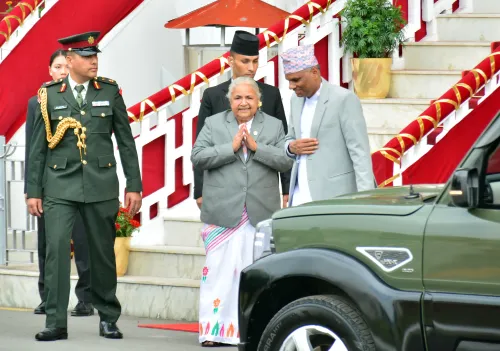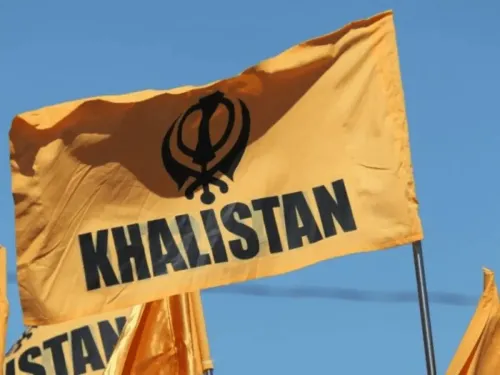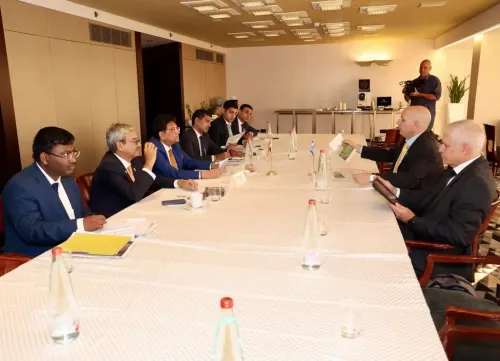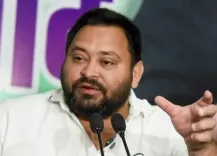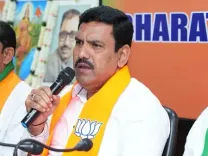Is Europe Trying to Sabotage US-Russian Peace Talks on Ukraine?
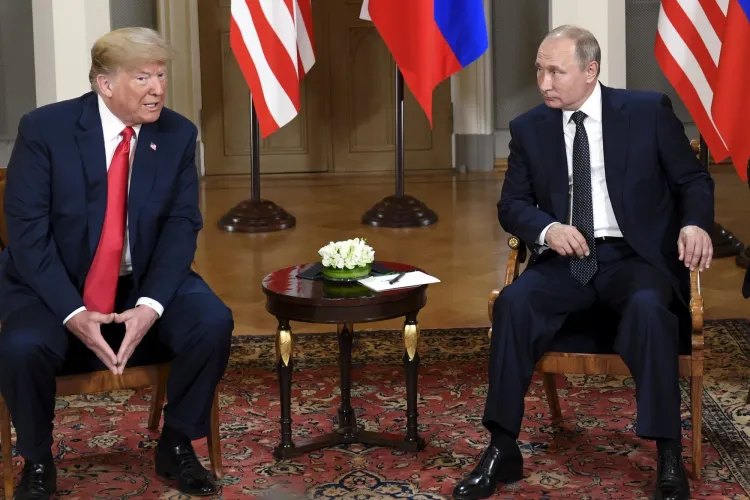
Synopsis
Key Takeaways
- Europe seeks to undermine US-Russian peace talks.
- European leaders reaffirm military support for Ukraine.
- Contradictions exist in Europe's stance on Russia.
- Security agreements with Ukraine require US backing.
- The Trump-Putin meeting might reshape global relations.
New Delhi, Aug 14 (NationPress) Highlighting the impactful statement from European leaders a few days prior, which reaffirmed their ongoing military and financial backing for Ukraine along with heightened sanctions on Russia, esteemed Indian diplomat and former Foreign Secretary Kanwal Sibal remarked on Thursday that Europe aims to impede the US-Russian peace discussions regarding Ukraine as much as possible.
"Europe has made Ukraine's security a crucial aspect of its own security. They have wholeheartedly embraced Ukraine's stance against Russia. Their claims regarding not altering international borders through force, or condemning Russia's breach of the UN Charter, seem insincere given their own historical actions. The core contradiction lies in their desire to be involved in US-Russia dialogues while vehemently opposing them," Sibal expressed in India Narrative before the highly anticipated meeting between US President Donald Trump and Russian President Vladimir Putin in Alaska on Friday.
He noted that Europe is "furious" about being left out of the US-Russian negotiations concerning Ukraine, viewing the matter as critical to European security, thus necessitating their involvement.
"For (Ukrainian President) Zelensky, the term security guarantees essentially refers to NATO membership or some assurance from NATO nations. Several European countries, including France, Germany, Italy, the UK, Denmark, and Poland, have already entered into security agreements with Ukraine. These accords, lasting up to 10 years, detail commitments to provide military support to Ukraine in the face of potential Russian threats. However, without US support, these guarantees hold little weight, as these nations cannot engage in direct conflict with Russia independently," opined Sibal, who has served as Ambassador to Turkey, Egypt, France, and Russia.
Sibal pointed out that the world is keenly watching the outcomes of the Trump-Putin meeting in Alaska.
"Typically, such summit meetings are meticulously planned to yield favorable results. Trump’s envoy, Steve Witkoff, has met with Putin multiple times in Moscow, with the latest meeting yielding some positive developments. The Russian side indicated that the most recent US proposal was agreeable, clearing the path for the Alaska summit," he noted.
"While Russia has not openly discussed US proposals, Trump has been vocal about potential outcomes at Alaska, including the exchange of territories between Russia and Ukraine as part of a comprehensive resolution. Russia is expected to withdraw from occupied areas in Sumy, Kharkiv, and Dnipropetrovsk in exchange for Ukraine pulling back from Donbass, while the frontlines in Zaporizhzhia and Kherson will remain static. It is uncertain whether this is mere speculation or a deliberate effort to shape public perception," he added.
Sibal, currently serving as Chancellor of Jawaharlal Nehru University (JNU) in New Delhi, suggested that anti-Trump Western politicians and foreign relations analysts are framing the Alaska meeting as a diplomatic triumph for Putin.
"In their assessment, he has gained recognition and parity with the US President, a stark contrast to being labeled a war criminal. The discussions will extend beyond Ukraine, touching on broader economic matters. Nuclear disarmament is also crucial, especially with the New Start Treaty set to expire in February 2026, making both parties eager to renew it to prevent a new arms race. US analysts believe Trump aims to detach Russia from China, allowing the US to concentrate on the Chinese threat. These matters transcend US-Europe relations," he elaborated in India Narrative.
India, he emphasized, has welcomed the anticipated dialogue between Trump and Putin, reiterating Prime Minister Narendra Modi’s statement that "this is not an era of war."
"Should there be any consensus reached in Alaska, resulting in a thawing of US-Russia relations, Trump’s recent decision to impose an extra 25 percent tariff on India for its energy and defense connections with Russia would lose its justification," Sibal concluded.

